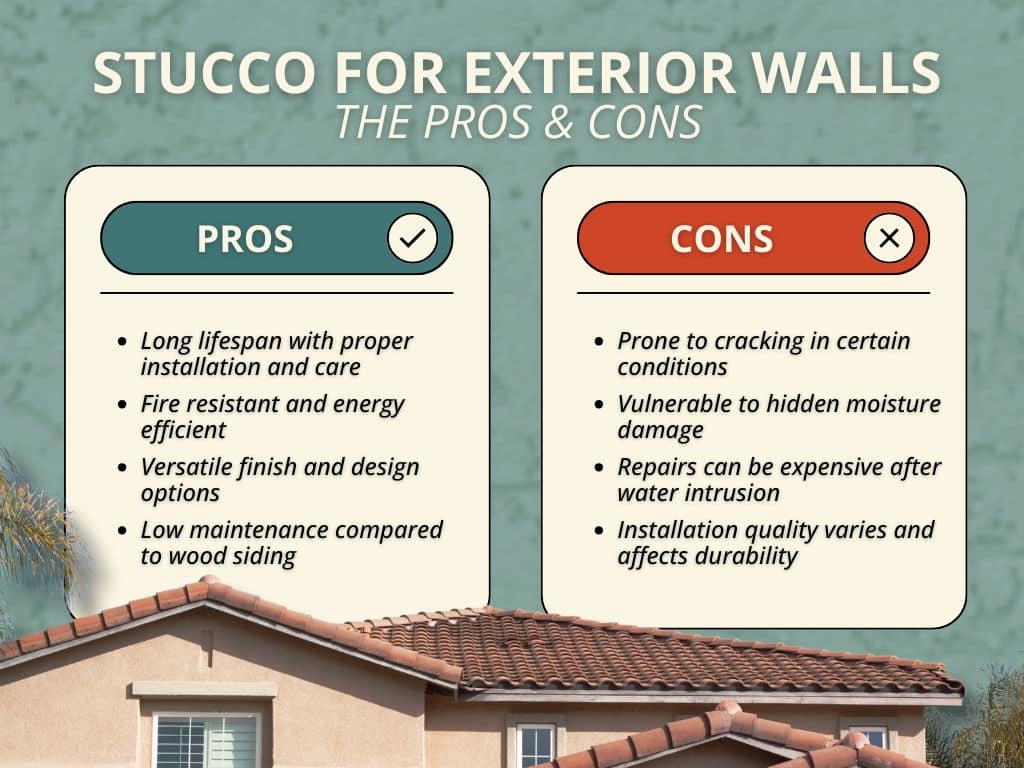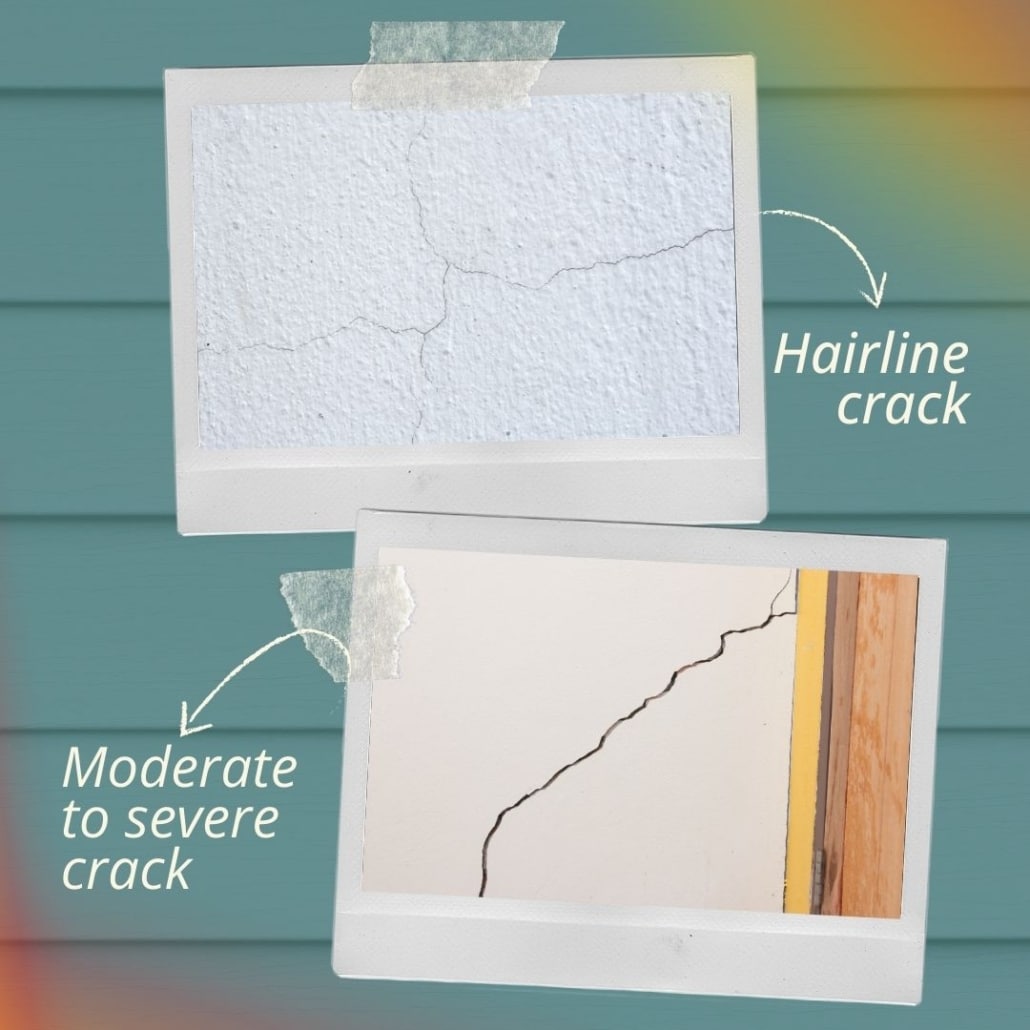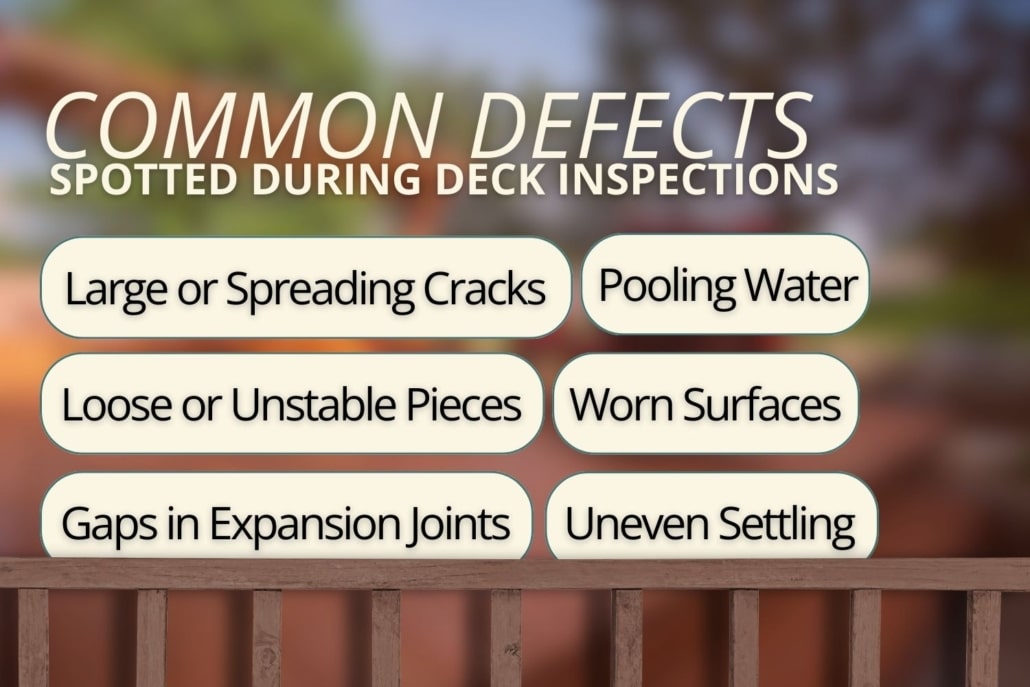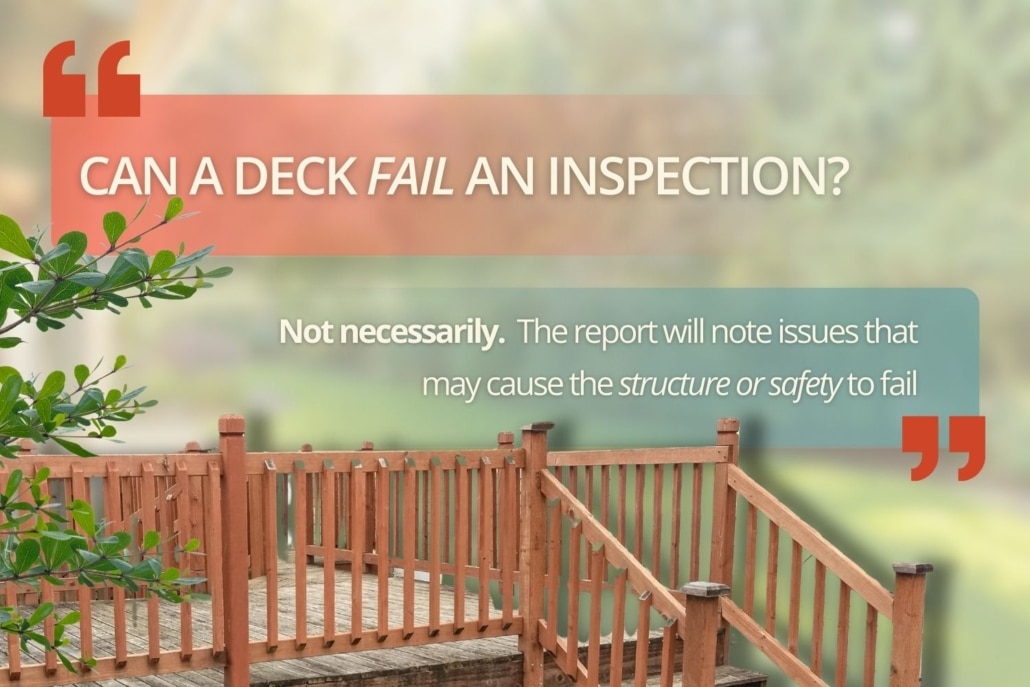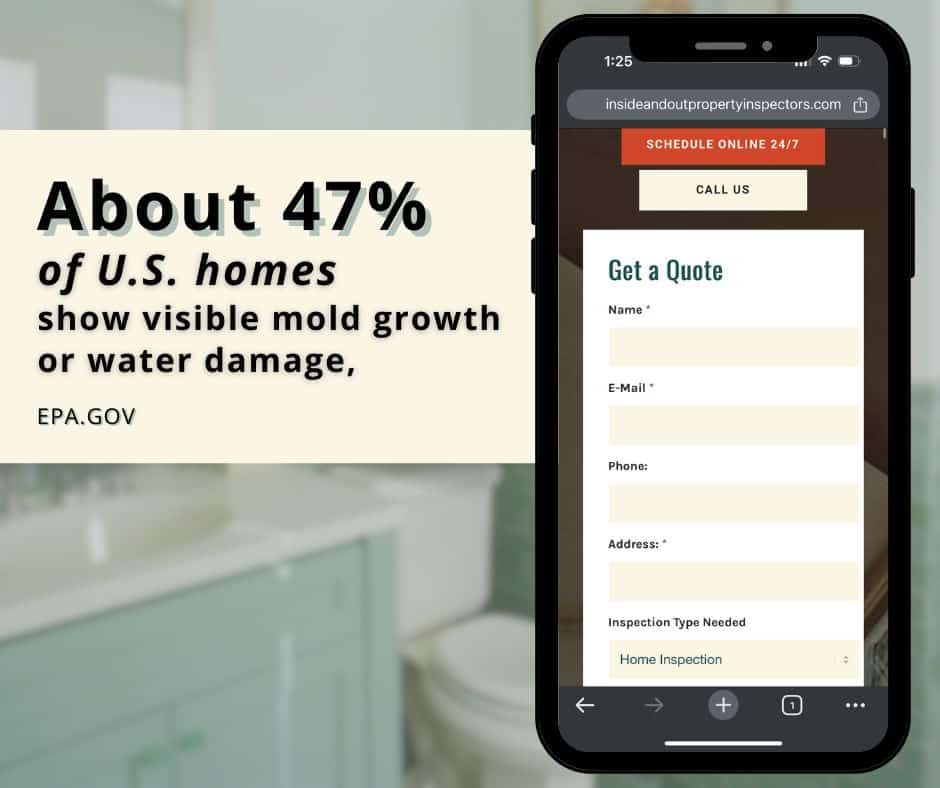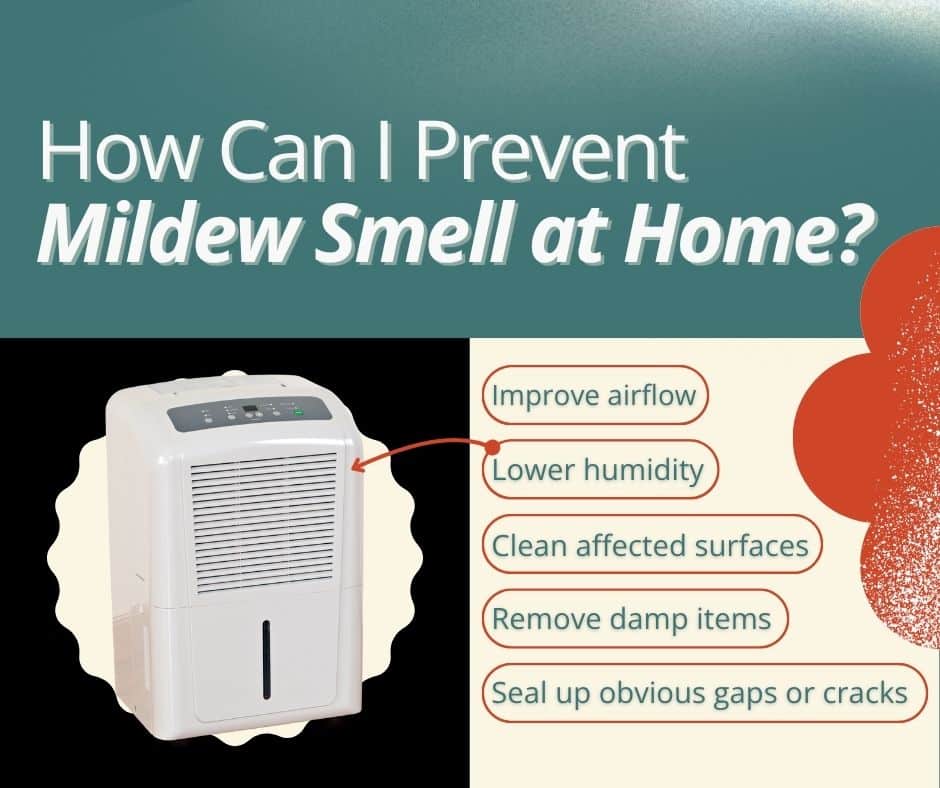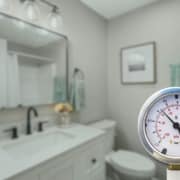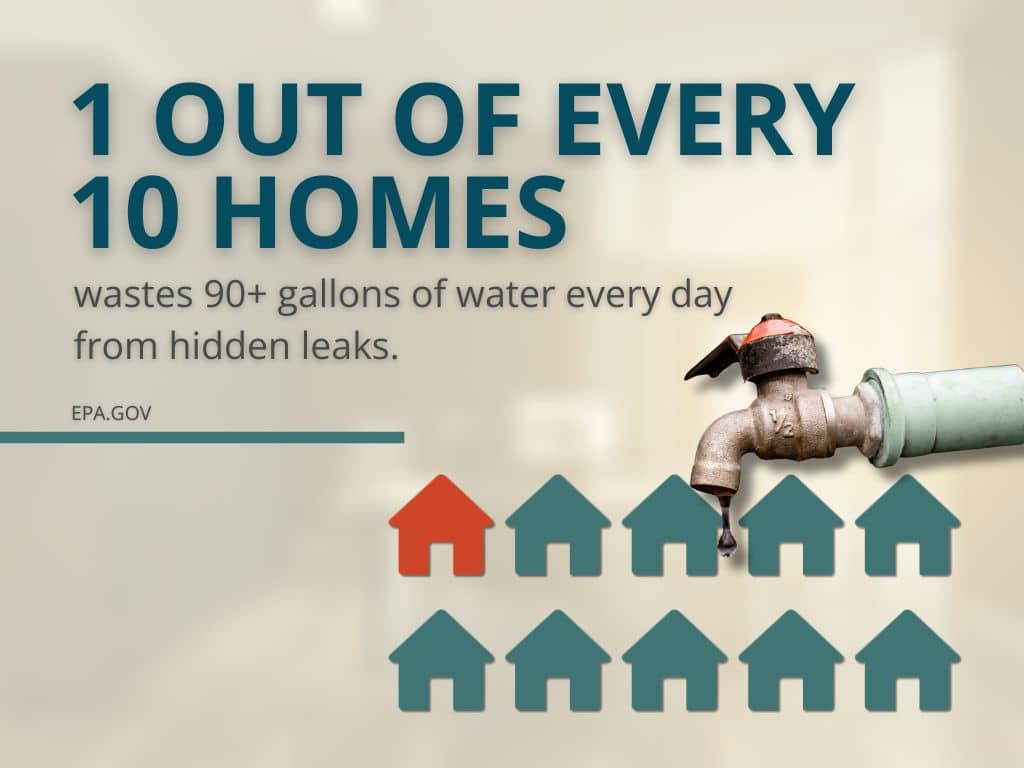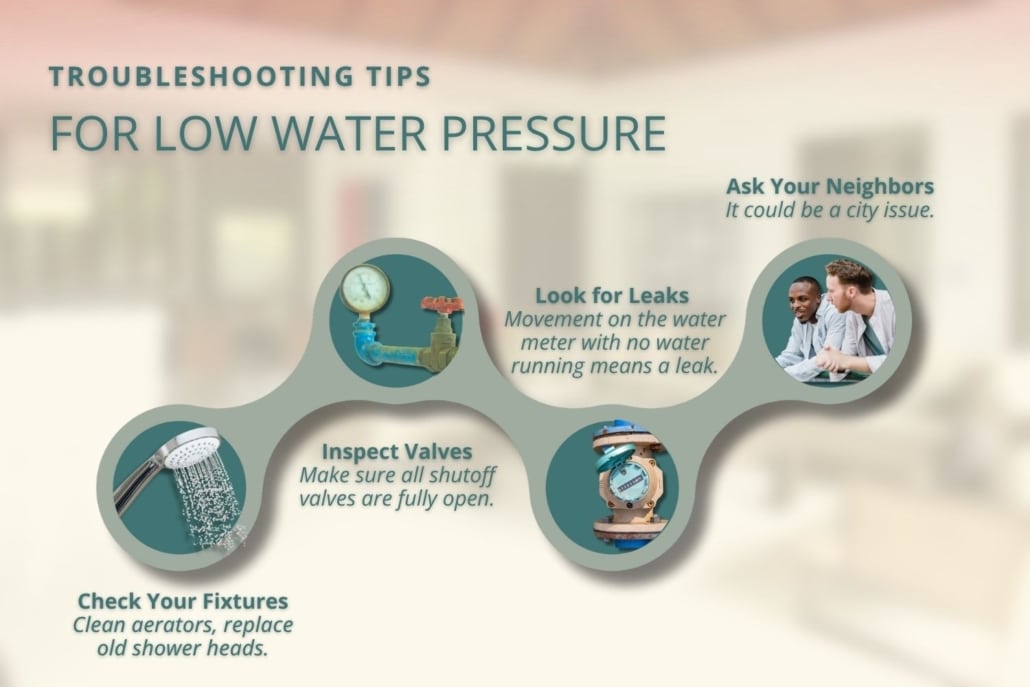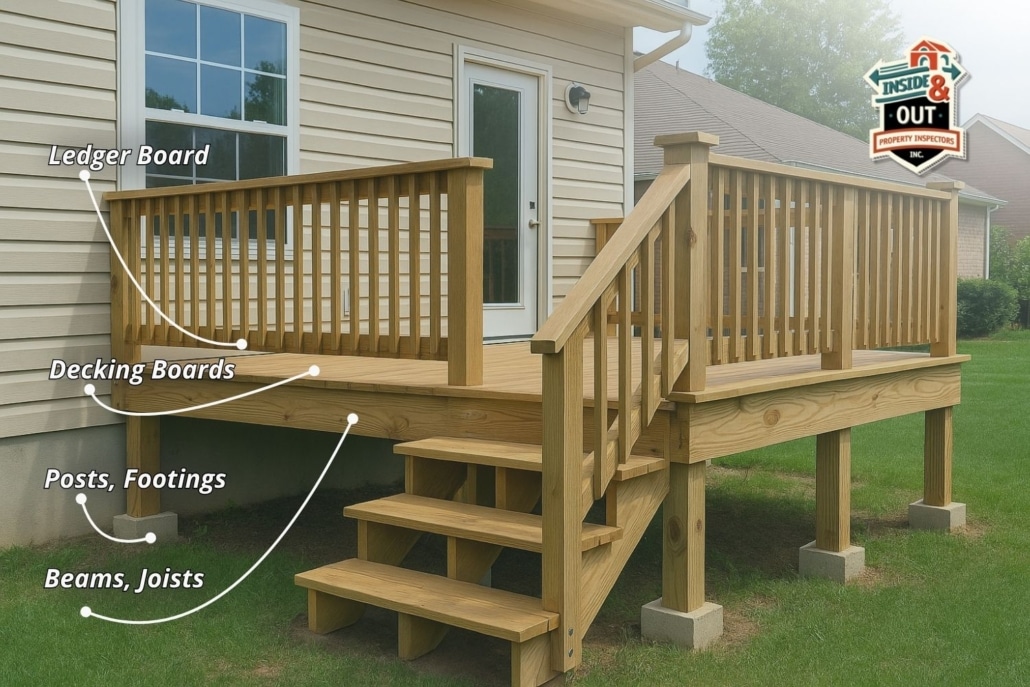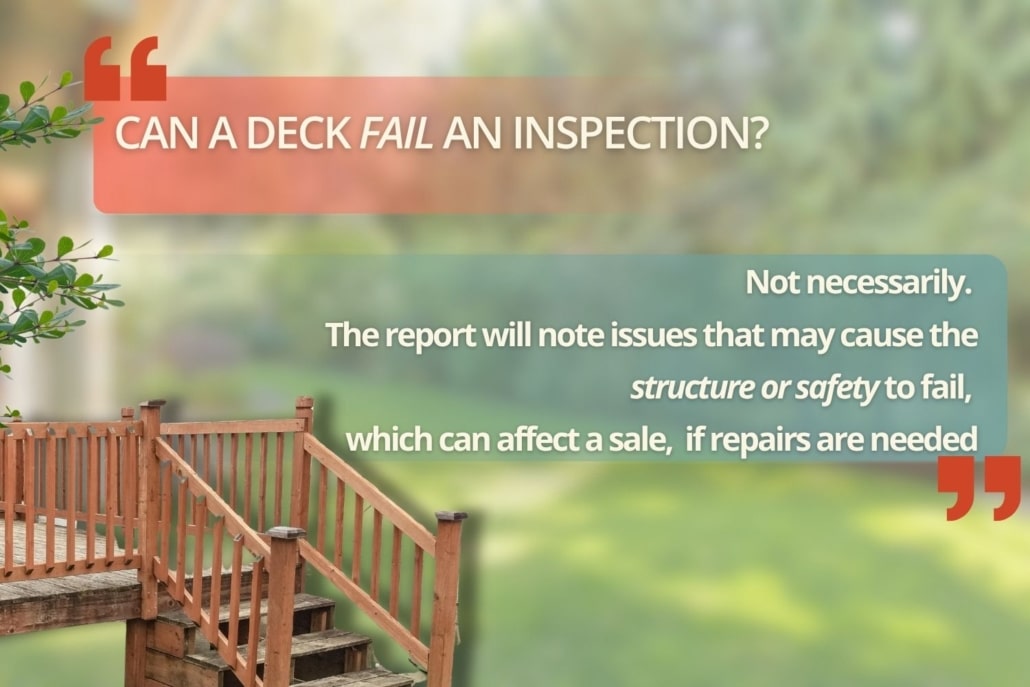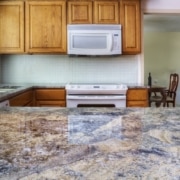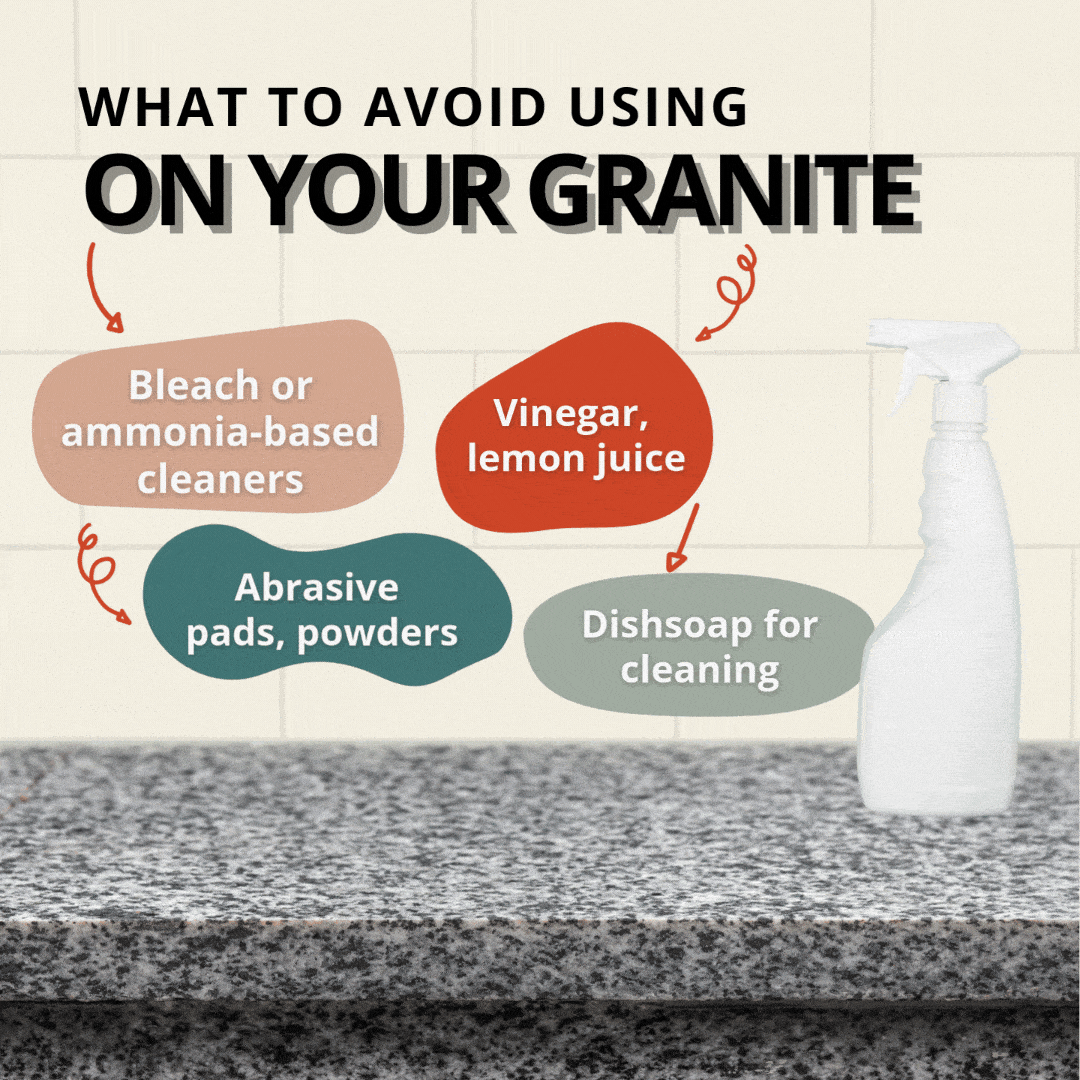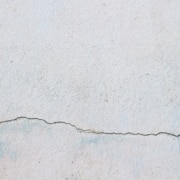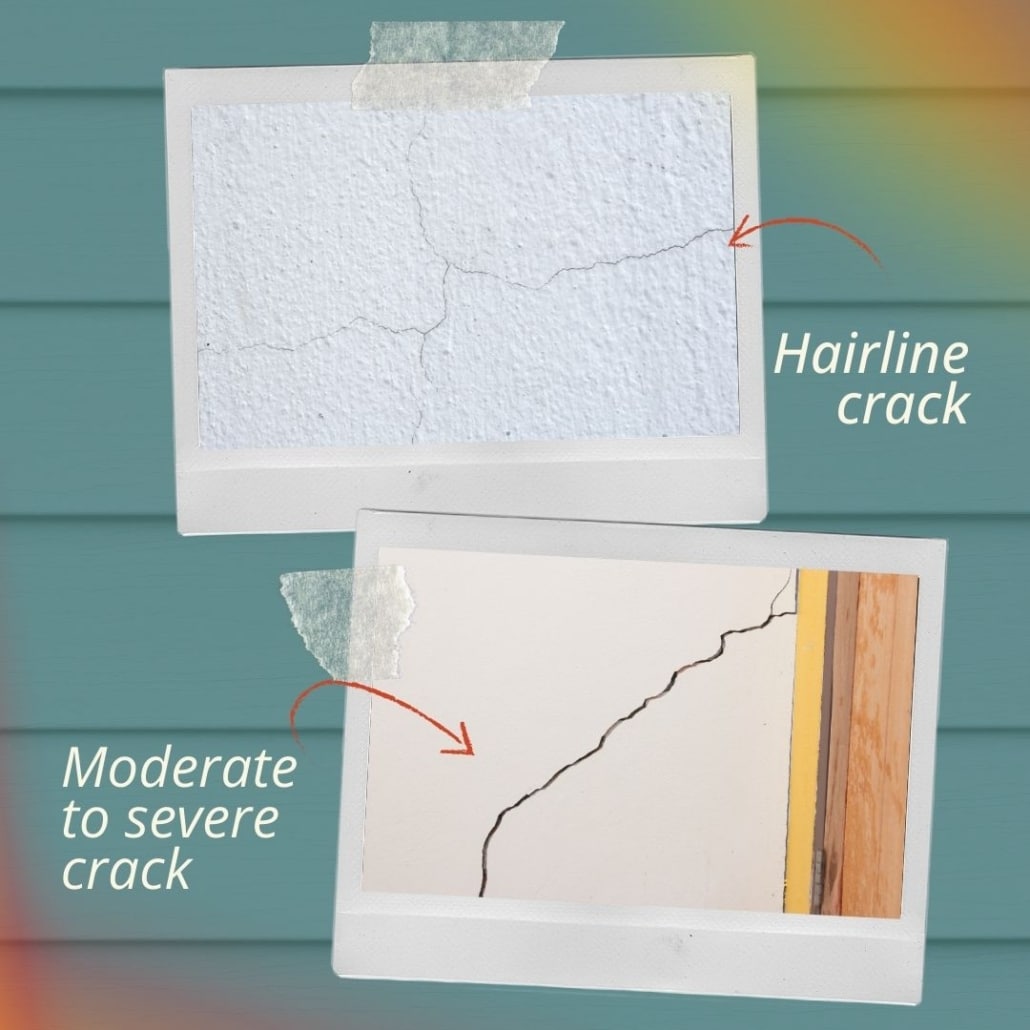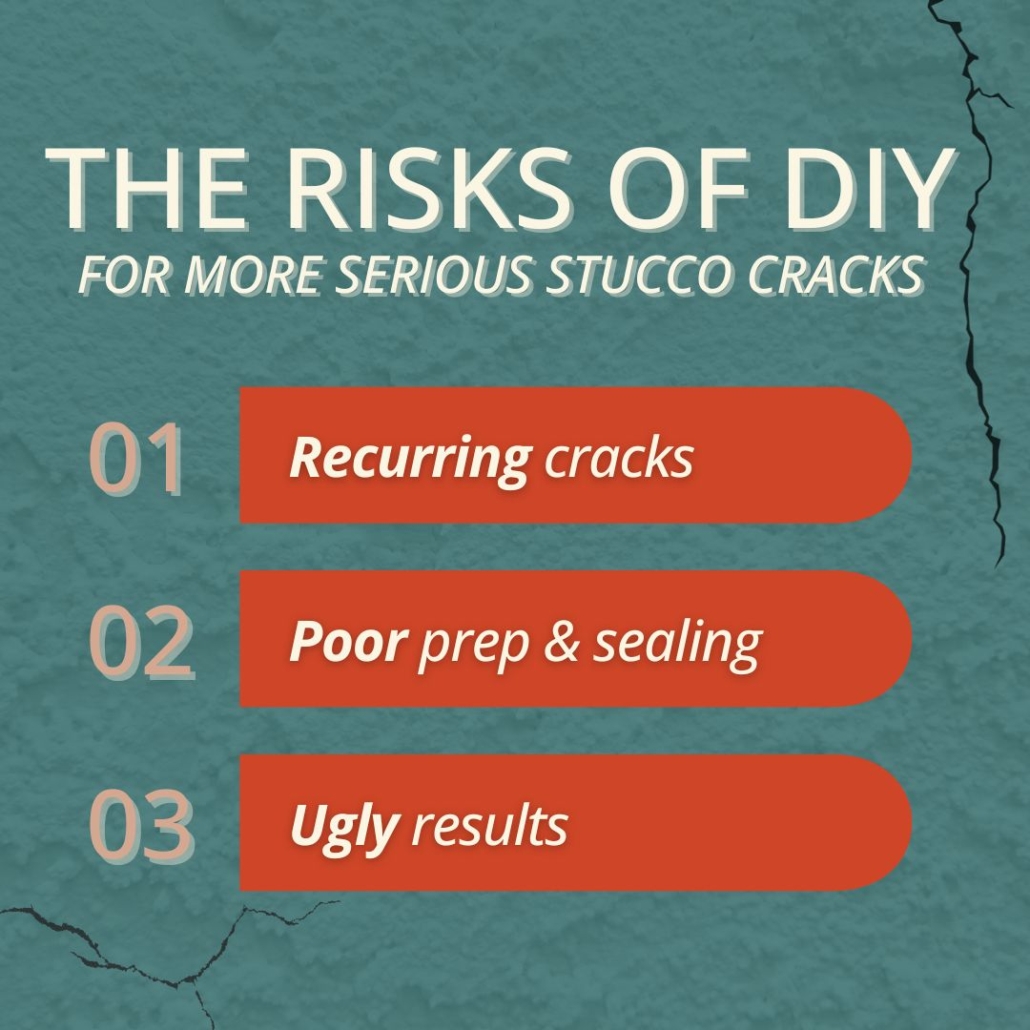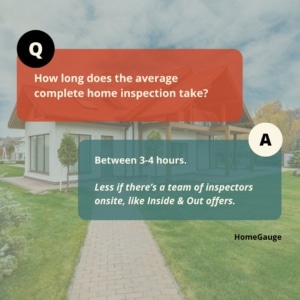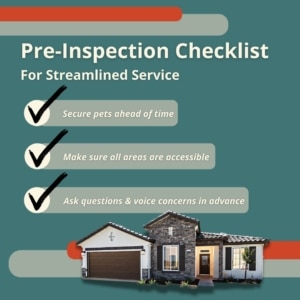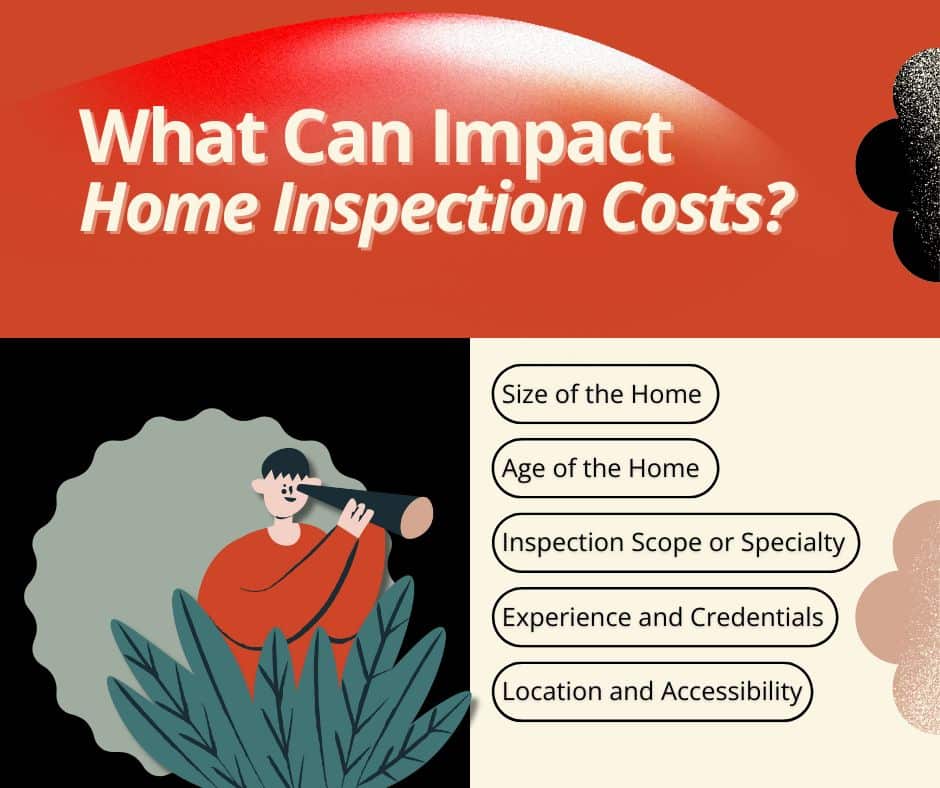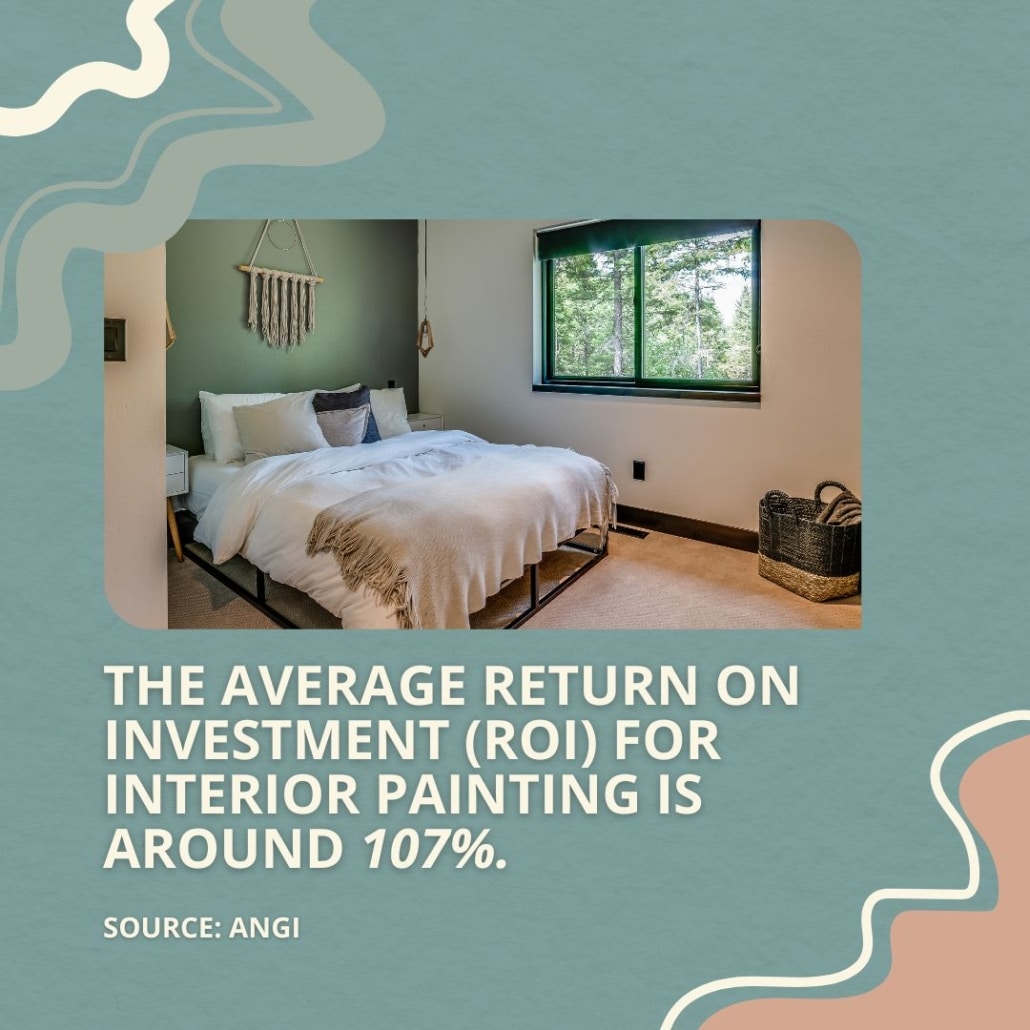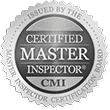What to Know About Stucco for an Exterior Wall
Stucco has been used as an exterior wall finish for centuries, but it’s not without challenges. Its durability, versatility, and smooth look make it a popular choice for homes across the United States, especially in regions like Florida, where it complements the climate and architectural style.
Homeowners who understand how stucco works, what risks come with it, and when inspections are needed can protect both the look and the structure of their homes.
What Stucco Actually Is
Stucco is a cement-based plaster made from Portland cement, sand, lime, and water. It is applied in multiple coats to create a hard, protective shell on exterior walls. Traditional stucco is installed over a lath system that helps it adhere to the wall, while modern synthetic versions use polymer additives for flexibility and moisture resistance.
There are two main types of stucco used today:
- Traditional (hard coat) stucco: Made from cement, lime, and sand. Known for strength and fire resistance.
- Synthetic (EIFS, or Exterior Insulation and Finish System): Uses layers of foam insulation and synthetic coatings. Provides better energy efficiency but is more vulnerable to moisture issues if not installed correctly.
Why Some Choose Stucco
Stucco is often chosen for its balance of durability and visual appeal. Some of the main benefits include:
- Longevity: Properly installed stucco can last 50 years or more.
- Fire resistance: Cement-based stucco provides a layer of fire protection.
- Design flexibility: Can be textured or colored in many styles.
- Energy efficiency: Adds insulation and reduces air leaks when maintained.
- Low maintenance: Compared to wood siding, stucco requires fewer repairs if kept in good condition.
Common Problems With Stucco Exterior Walls
While stucco has many strengths, improper installation or neglect can lead to costly issues. Some of the most common problems include:
Cracking
Hairline cracks are common as stucco naturally expands and contracts with weather changes. Larger cracks, however, may signal foundation movement or structural issues that need professional evaluation.
Moisture Intrusion
This is the biggest risk with stucco. If water gets trapped behind the surface, it can lead to rot, mold, and hidden damage inside the wall system. EIFS stucco systems are particularly vulnerable if flashing or sealing is not done properly.
Staining and Discoloration
Moisture, algae, or improper sealing can cause stains to appear. While often cosmetic, stains can also indicate that water is seeping into the stucco layers.
Poor Installation
The U.S. Department of Housing and Urban Development (HUD) notes that improper installation is one of the leading causes of premature stucco failure. Missing weep screeds, poor sealing around windows, or inadequate drainage can all contribute to long-term damage.
Signs a Stucco Exterior Needs Attention
Homeowners should keep an eye out for warning signs that their stucco may need repair or professional inspection:
- Cracks wider than 1/8 inch
- Bulging or soft areas when touched
- Dark streaks, stains, or algae growth
- Missing caulk around windows and doors
- Interior signs like damp drywall, musty odors, or warped baseboards
Water intrusion through exterior walls is a common complaint from homeowners with stucco. Early detection is the best way to prevent expensive structural repairs.
Why Inspections Matter for Stucco
Inspections involving stucco are designed to catch problems before they become severe. A professional inspector evaluates the condition of the exterior, checks for cracks or gaps, and may use moisture meters or infrared cameras to detect hidden issues behind the walls.
For homebuyers in Florida and similar regions, a stucco inspection is a crucial step before closing. Even newer homes can develop moisture intrusion problems within the first few years if installation was not handled properly.
Inside & Out Property Inspectors provides detailed stucco evaluations as part of our full home inspection services. By identifying risks early, homeowners can make informed decisions about maintenance or repairs.
Maintaining Stucco Exterior Walls
Preventing problems is always easier and more affordable than repairing damage. Homeowners can extend the life of their stucco walls by:
- Keeping gutters clean and directing water away from the foundation
- Resealing around windows, doors, and joints regularly
- Repairing small cracks promptly before they expand
- Applying a breathable sealant to protect against moisture
- Scheduling routine inspections every few years, especially in humid climates
Experts recommend resealing stucco every 5 to 10 years, depending on exposure to rain, wind, and sunlight.
Other Questions Homeowners Ask
How do inspectors check stucco for hidden moisture?
We use tools like moisture meters and infrared cameras to detect water intrusion behind the walls.
Is stucco included in a full home inspection?
Yes. During a home inspection, we evaluate the condition of exterior walls, windows, and structural systems, along with stucco.
What if I see cracks or stains on stucco?
These are often early signs of water problems. An exterior inspection can confirm whether repairs or sealing are needed.
Should stucco be reviewed during a new construction inspection?
Yes. Even on brand-new homes, stucco can be installed incorrectly. A new construction inspection can confirm proper application, sealing, and drainage before issues like cracking or water intrusion have a chance to start.
When to Call a Professional
If you notice exterior wall cracking, staining, or other signs of stucco trouble, don’t wait. The damage behind the surface may be worse than it looks.
At Inside & Out Property Inspectors, we offer:
- Comprehensive stucco inspections
- Full home inspection services
- Guidance on repair options and maintenance planning
- Expertise tailored to Jacksonville and the surrounding areas
A professional evaluation can give you the clarity you need to protect your home and avoid expensive surprises.
Conclusion
Stucco can be a beautiful and durable option for an exterior wall, but it requires proper installation and regular maintenance. Without attention, hidden moisture problems can lead to costly repairs. By scheduling inspections and addressing small issues quickly, homeowners can enjoy all the benefits of stucco without the risks.
Schedule a stucco inspection or a complete home inspection with Inside & Out Property Inspectors today to keep your home protected.

